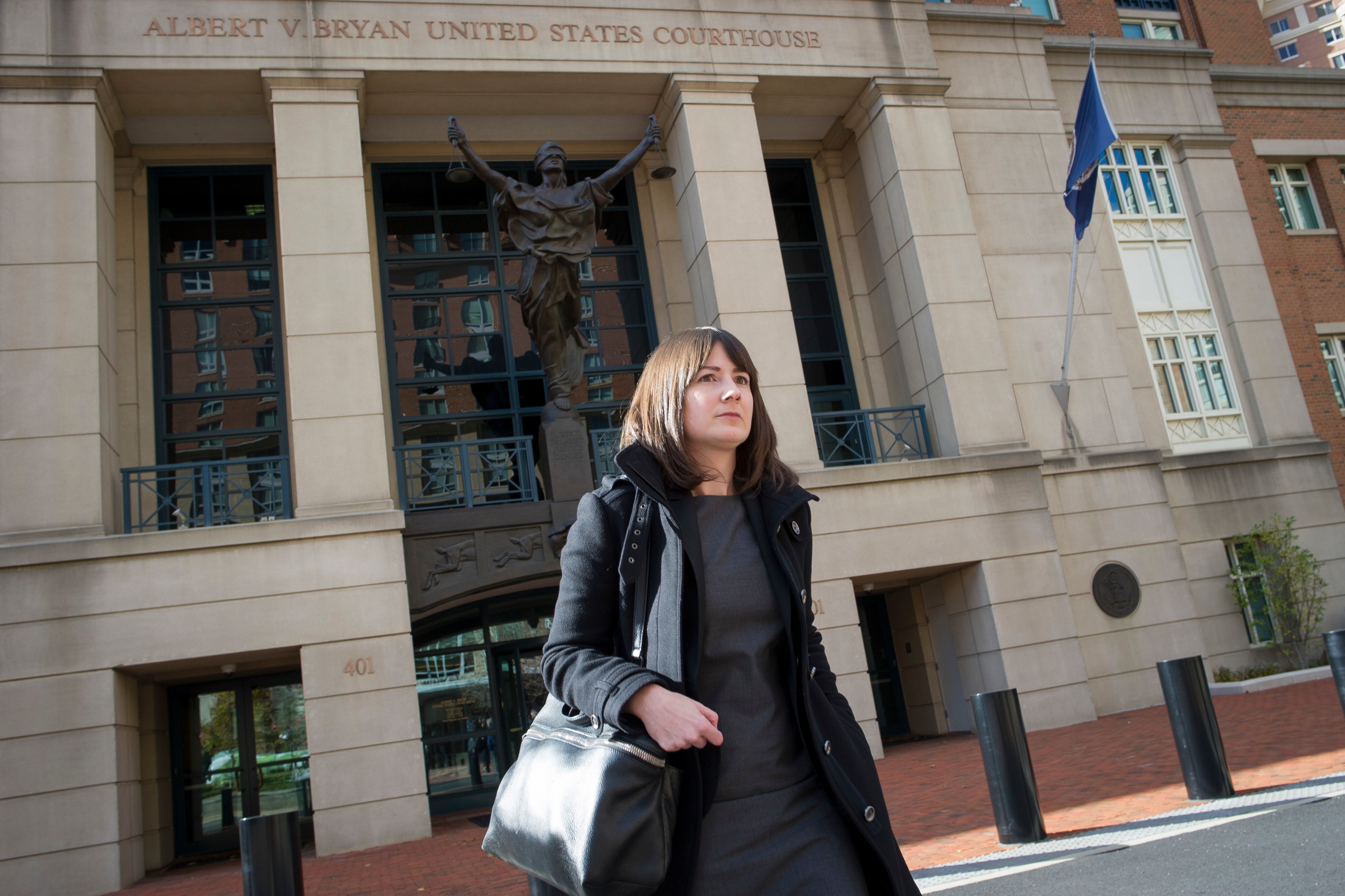Update on the Reporters Committee’s efforts to unseal the criminal case against Julian Assange

Reporters Committee attorneys filed a motion in the Eastern District of Virginia to unseal the U.S. government’s criminal charges against Wikileaks founder Julian Assange after the existence of a criminal complaint was revealed in a separate court filing.
“It’s important that the public understand what these charges are, and there’s no longer any justification for keeping the criminal complaint, the docket, and other filings related to the prosecution sealed,” said Reporters Committee Executive Director Bruce Brown.
UPDATE: On Jan. 25, the Reporters Committee for Freedom of the Press filed a notice with the district court reminding the court of its pending application to unseal the criminal charges against Julian Assange. Five days later, on Jan. 30, U.S. District Judge Leonie Brinkema denied the Reporters Committee’s application to unseal without prejudice.
The court ruled that the Reporters Committee’s efforts to seek access to the charging documents were “premature,” and needed to wait “until there is a sufficiently certain disclosure that charges have in fact been filed.” However, the court did recognize that “once an individual has been charged and arrested, both the First Amendment and the common law provide the public with a qualified right to access at least some judicial records in connection with the ongoing prosecution.”
“Even though the court did not reach the merits of our motion, it did rightly recognize that there is a First Amendment and common law right of access to the types of court records at issue here,” said Reporters Committee Legal Director Katie Townsend. “The disclosure of the nature of the charges against Assange are a matter of public interest and should be made public.”